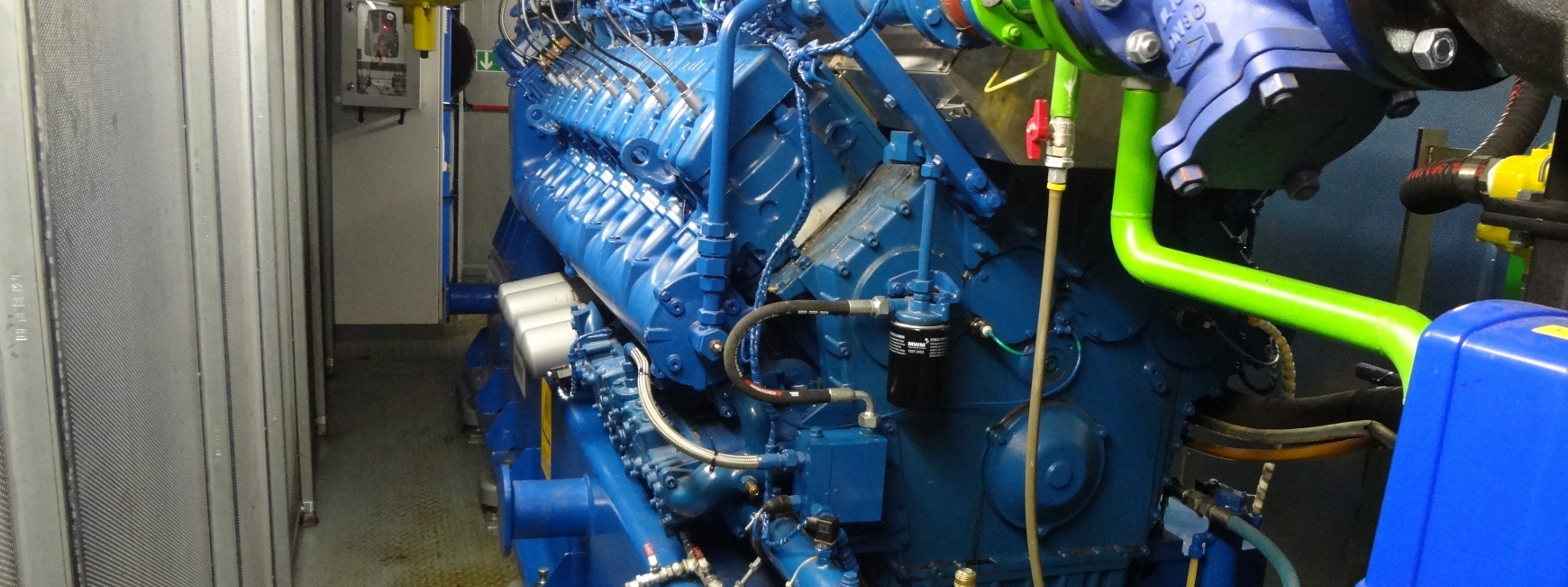Since the 20 December 2018, the Medium Combustion Plant Directive (MCPD) has been applicable to all prospective operators of combustion plants over 1 MWth input until either 2025 or 2030, with exemption to plants commissioned prior to this date. For all applicable plants in both the present and the future, operators must apply in good time for an Environmental Permit in order to operate.
However, what has not been clear until now is the position of the plant owner who needs to operate and has applied for a permit but cannot expect to receive it for some weeks or months to come.
During 2019, a Regulatory Position Statement effectively gave applicants the leeway to operate certain restricted categories of a plant without a permit, at no risk of enforcement proceedings; but this was subsequently withdrawn. When attempting to obtain similar assistance for an at-risk client, we were informed of the Local Enforcement Position (LEP). This is a statement from the relevant Environmental Agency (EA) Local Installations Team that allows a named applicant to operate without risk until their actual permit is issued (or rejected).
The latest position appears to be that LEPs will only be issued in an emergency, and where the application has been with the EA for at least three months. In other words, this is the minimum time applicants should allow for a permit to be issued. An application for an LEP must be supported by a statement describing the urgency, what is at risk and the potential future impacts for the business and its employees. This appeal will then be considered by the EA’s solicitors and discussed with the applicant’s Local Installations Team. Meanwhile, operating without the permit is entirely at the risk of enforcement and the site could be audited in the process to assess the potential risk of allowing the operator to run.
In NFU Energy’s experience, Bespoke (i.e. non-Standard Rule) MCPD permit applications can take up to six months to process; with some waiting in excess of three months before being allocated to a permitting officer. The lack of a Standard Rule means any biomass application (however small) is Bespoke and most require detailed air quality assessment dispersion modelling, which extends the permit application process by another eight weeks. This is causing economic hardship to prospective operators, especially for those who originally did not complete dispersion modelling and have their applications returned due to the EA now deeming their plant a higher risk or changing the rules internally without publishing externally.
Going forward, any potential operators who require planning permission for any plants over 1 MWth input should screen their plants in advance to determine whether a complete detailed air quality assessment with the MCPD emission limit values is required for the future permit application to now. This assessment can then be submitted with the future application once planning is approved, saving time in the permit pre-application state and ensuring the correct permit is being applied for.
So, be warned, and get your application done at the earliest possible stage and don’t be caught out. Give me a call on 024 7669 8899 to find out how we can help you.


